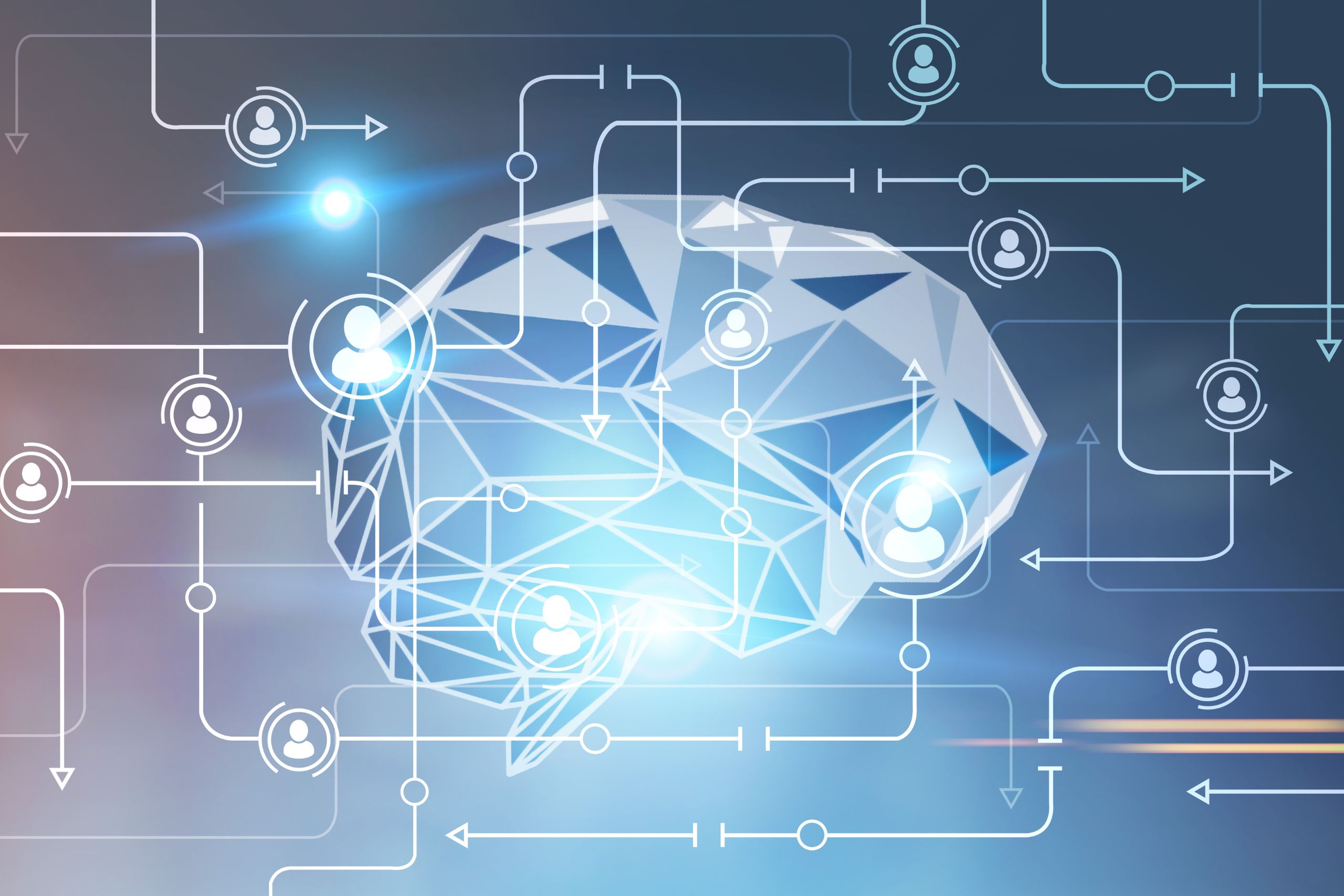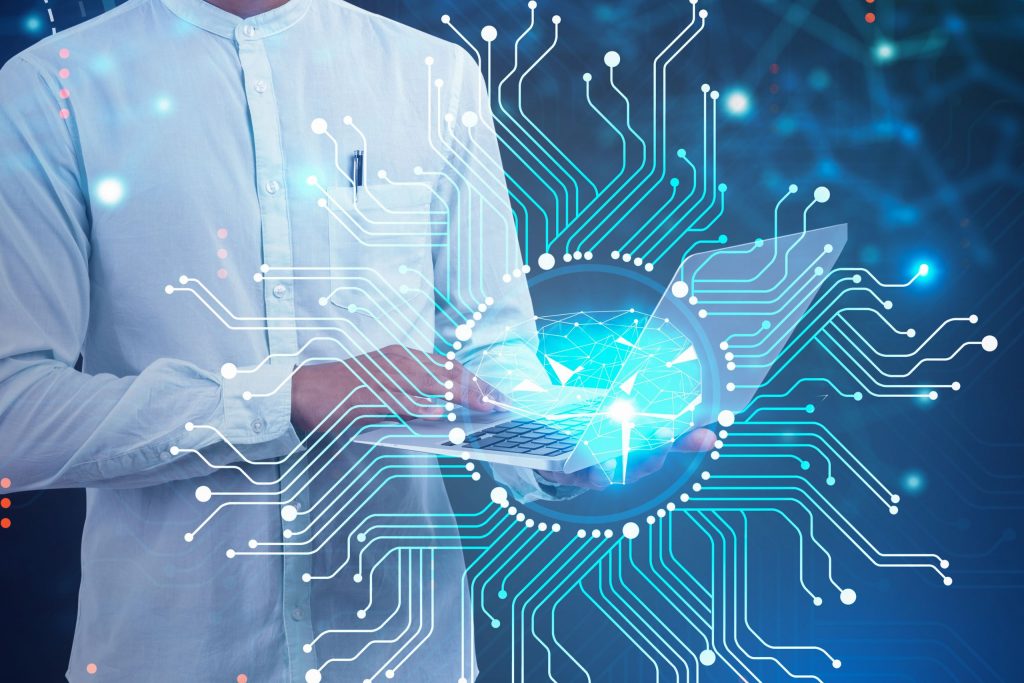
Unlocking The Future: The Potential Of Brain-Computer Interfaces
A unique convergence of neuroscience and technology represented in brain-computer interfaces (BCIs) makes direct interaction between the human brain and outside equipment conceivable. As our understanding of brain activity grows ever more sophisticated, BCIs are transforming from experimental notions into useful tools that may totally revolutionize various industries, including healthcare, education, and entertainment. These interfaces may help persons with disabilities regain movement and freedom, even as they also provide users artistic tools to interact with computers and virtual worlds.
Recent advancements in BCI technology—such as more sophisticated algorithms and improved signal processing—have opened new doors to increase human potential. BCIs have immense transformational potential from prosthetic limb control achieved with only thinking to immersive gaming experiences responding to users’ brainwaves. This technology promises not only to increase our physical ability but also to modify our relationship with the digital world, therefore opening the road for a day when the lines dividing humans from robots disappear.
Understanding Brain-Computer Interfaces: A Brief Overview
Pioneer technologies, brain-computer interfaces (BCIs), connect the human brain directly to outside objects like prosthetic limbs or computers. BCIs let people operate equipment using only their thoughts by reading and interpreting the electrical impulses of the brain, therefore eliminating conventional input methods such as keyboards or touchscreens. The brilliance of BCIs is that one can drive a wheelchair or move a cursor on a screen just by visualizing the action!
The mechanism behind BCIs is very amazing. Using certain sensors, they first record brain signals either within the brain (invasive) or on the scalp (non-invasive). These signals are then filtered to remove noise and recover pertinent data. Algorithms then group the signals into directives the linked devices can grasp. Particularly for those with impairments, this entire process opens fascinating opportunities for improved mobility and quality of life by allowing a flawless channel of communication between the brain and technology. BCIs allow our concepts to really become actions.

Transforming Healthcare: BCIs for Medical Applications
Brain-Computer Interventions (BCIs) are creating waves in the field of healthcare especially for those with neurological disorders like paralysis. Just imagine being able to just think about operating a prosthetic limb or conversing! Reading the electrical impulses of the brain, BCIs convert them into orders for outside devices. This allows a person with paralysis some autonomy and independence they would have lost by moving a robotic arm or type on a computer only by visualizing the action.
There is great chance that BCIs will transform rehabilitation. Through neuroprosthesis, they not only provide a means for physical mobility but also encourage fresh approaches for personal expression. A BCI might enable people with disorders causing problems speaking or writing thoughts into text or speech. By allowing people with disabilities to engage with the environment in reasonable ways, this technology not only improves daily life but also significantly raises overall quality of living. As BCI technologies continue to advance, we are nearing a moment when they will fully interact with human intention, therefore paving the way for amazing advancements in accessibility and rehabilitation.
Enhancing Cognitive and Physical Capabilities
From brain-computer interfaces (BCIs), amazing ways to improve cognitive abilities like memory and learning abound. See yourself able to increase memory recall or develop new abilities with a BCI. Researchers are already working at methods to link our brains directly to technology, which would make devices enabling quicker information absorption and more efficient memory of significant events feasible. For those who may have trouble with more traditional methods especially, this might change education and make learning more exciting and personalized to fit their needs.
From the physical aspect, BCIs considerably increase our capability by let us control robotic exoskeletons or other support devices with our thoughts. Imagine someone with mobility problems able to walk once again wearing a robotic suit reacting to brain signals. Many people find that this kind of technology enhances their daily lives and offers new chances for recovery. Not just about bridging the divide between our brains and computers, BCIs are about unlocking human potential and expanding the boundaries of what we can achieve, physically and mentally.
Revolutionizing Communication and Interaction
Brain-Computer Interventions (BCIs) especially for those with speech or mobility issues have the potential to totally transform our connection with technology. Imagine a world in which someone who finds it difficult to move or communicate may engage only by thinking about their words or movements. BCIs enable individuals use their thoughts to run objects ranging from computers to smart home appliances to even robotic limbs by interpreting brain signals. People who have traditionally relied on others for communication may so develop a new degree of autonomy, thereby generating opportunities for more important interactions and participation in daily activities.
Including BCIs into everyday living might help to make technology seem more smooth and understandable. As non-invasive methods evolve, utilizing a BCI might be as easy as donning a cozy helmet. Imagine being able to just think about it switch on lights, change your temperature, or communicate to a buddy without really doing anything! This will help everyone to utilize technology and simplify everyday tasks and experiences. Developing BCI technologies offers not just to enhance the quality of life for people with disabilities but also to change our views of machines, therefore directing our interactions with technology more naturally and fluidly.
Ethical Considerations and the Future of BCIs
Though the creation of brain-computer interfaces (BCIs) presents exciting possibilities, we also have to take careful ethical consideration of major concerns about it. Among major concerns is privacy. Since BCIs may collect sensitive brain data, it is crucial to ask: who has access to it and how will this data be stored? Should someone’s neurological data find the wrong hands, identity theft or other major problems may follow. Strong safeguards and rules must so be established to guarantee that personal data stays safe and private.
Still another major concern is informed permission. People have to completely grasp the dangers connected to BCI technologies as well as any possible long-term consequences on their mental and physical state. Open and honest communication suggests that one should use these tools depending on knowledge. We also have to consider manipulation; problems about the degree of control users really have over their thoughts and actions when using BCIs appear. Careful resolution of these problems will help to ensure responsible development and use of BCI technology, therefore benefiting society at large and individual.

Conclusion
Brain-Computer Interventions (BCIs) have revolutionary potential in healthcare as they enable patients with spinal cord injuries and neurological diseases to recover control over their environment, therefore considerably improving their quality of life. Direct connections of the brain to machinery enables this. Beyond their medical applications, BCIs might increase human powers by means of memory growth and cognitive improvement as well as by means of thoughts becoming actions devoid of spoken words, hence revolutionizing communication. Projects like Neuralink and Synchron obviously open the path for a day where humans coexist with technology. Investigating these novel constraints calls for careful management of ethical issues including informed consent and privacy concerns so as to prevent compromise of human rights and dignity by the advantages of BCIs.

